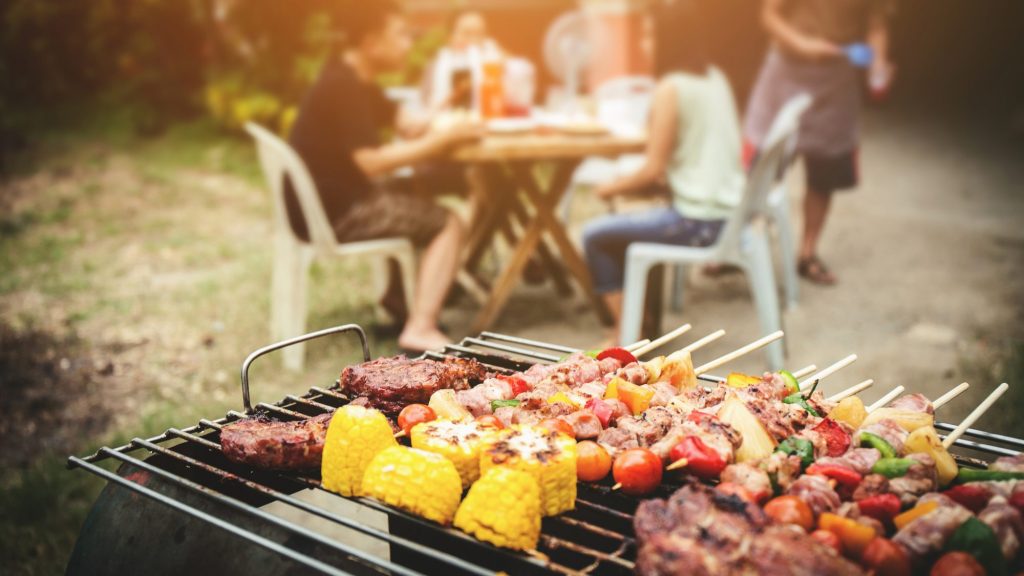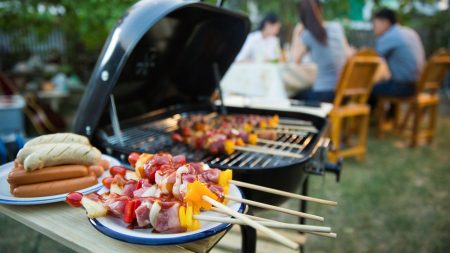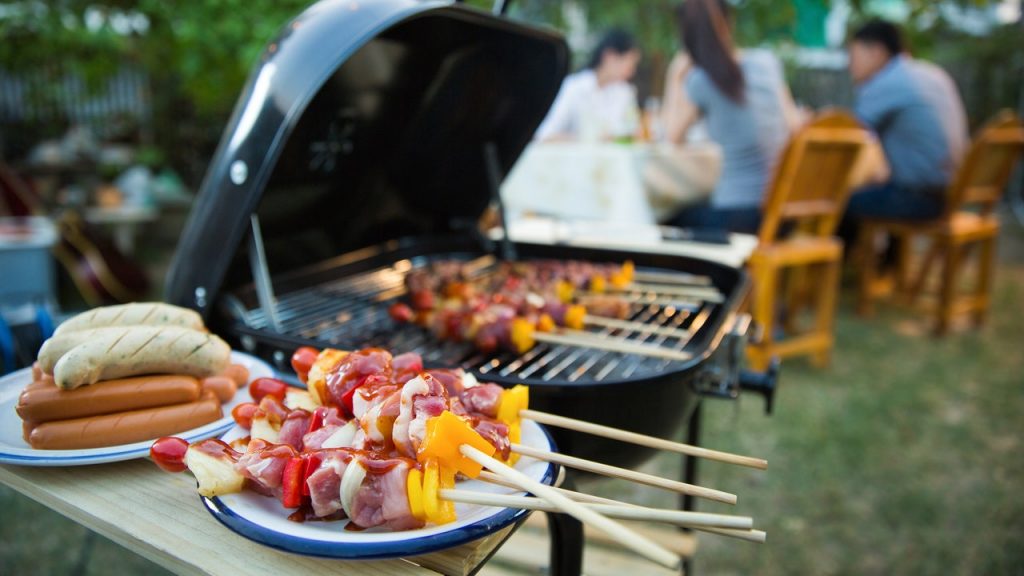
| As grilling season kicks off, let’s explore how to enjoy deliciously grilled meals while minimizing oxidative damage for the sake of our health. Let’s fire up the grill with care! What is Oxidative Damage? During high-heat cooking methods like grilling, oxidative damage can occur. This happens when certain compounds in food interact with heat and create harmful free radicals, which can potentially damage cells and contribute to various health concerns. Grilling Tips for Healthier BBQ: 1️⃣ Marinate to the Rescue: Marinating your meats before grilling can offer a protective shield. The combination of herbs, spices, and acidic ingredients like lemon juice or vinegar can reduce the formation of harmful compounds while adding flavor. 2️⃣ Mindful Meat Prep: Trim excess fat from meats to minimize flare-ups and reduce the risk of charring. Fat dripping onto the flames can generate harmful smoke that may deposit on food. 3️⃣ Precook Partially: To reduce grilling time and limit exposure to high heat, consider partially cooking meats in advance. This can be done through baking, steaming, or parboiling, and it allows for more controlled grilling. 4️⃣ Opt for Lean Cuts: Choose leaner cuts of meat or skinless poultry options. These tend to produce fewer drippings and, thus, fewer harmful compounds. 5️⃣ Embrace Veggies and Fruits: Incorporate an array of colorful vegetables and fruits onto the grill. They are naturally packed with antioxidants, which can help counteract oxidative damage and provide a healthier grilling option. The Importance of Healthier Grilling: Reducing oxidative damage while grilling is crucial for the following reasons: Cellular Protection: By minimizing exposure to harmful compounds, we support the health and integrity of our cells, reducing the risk of chronic health conditions. Antioxidant Boost: Enjoying antioxidant-rich foods and reducing oxidative damage contributes to overall well-being and helps maintain a balanced diet. Flavorful and Safe: Following these tips not only supports our health but also preserves the flavors of grilled foods, ensuring an enjoyable and satisfying culinary experience. Grill with Care, Savor with Joy: As we embark on grilling adventures, let’s keep in mind the impact of high-heat cooking. By adopting mindful techniques and incorporating healthier choices, we can enjoy delicious grilled meals while prioritizing our well-being. Enjoy grilling season and let’s celebrate the summer with flavors, health, and togetherness! Your Partner In Health, Clarissa A. Kussin, ND, FMCHC, ERYT-500 |













